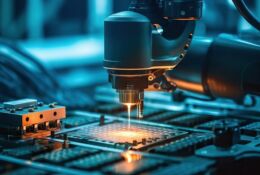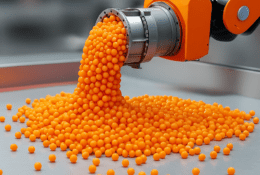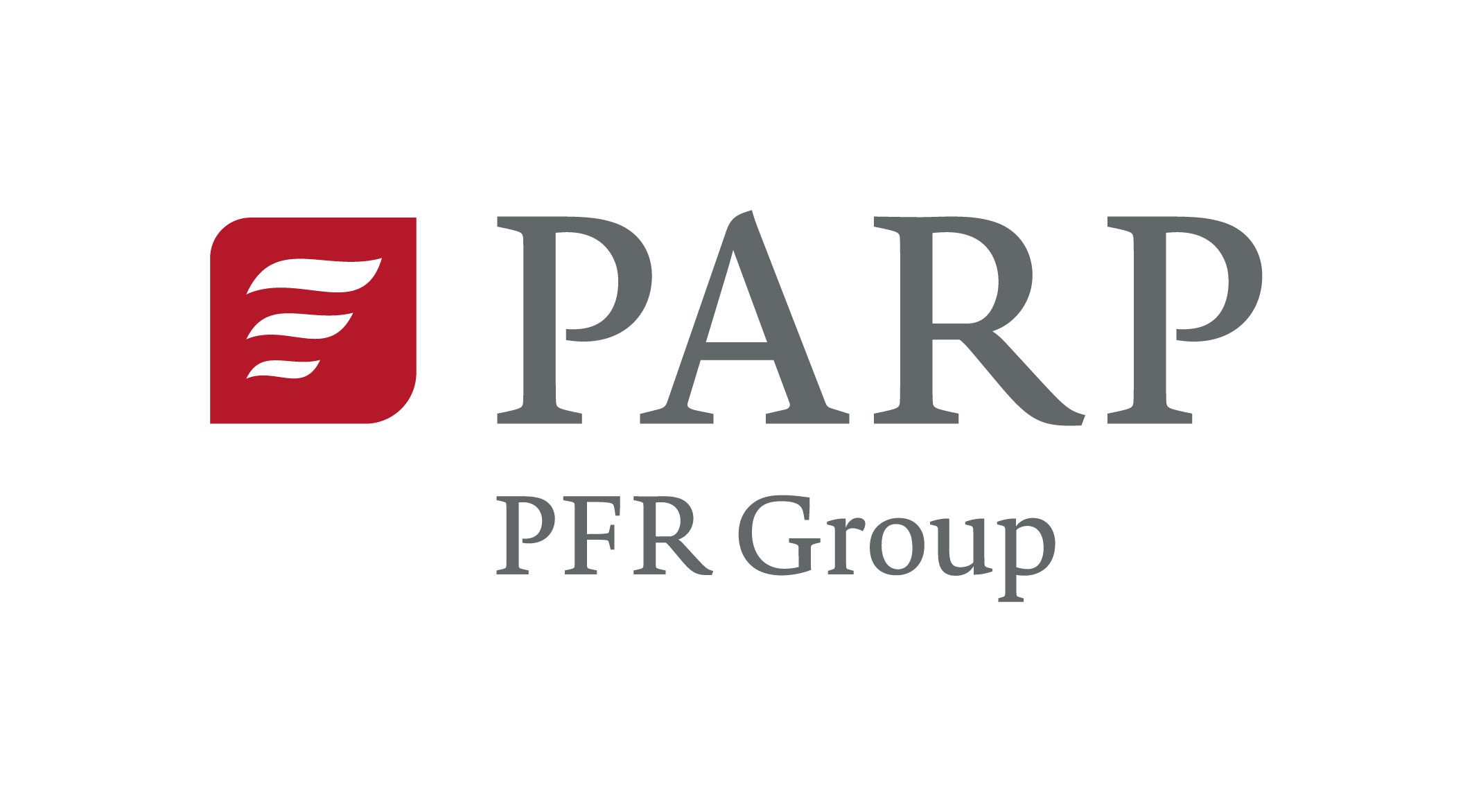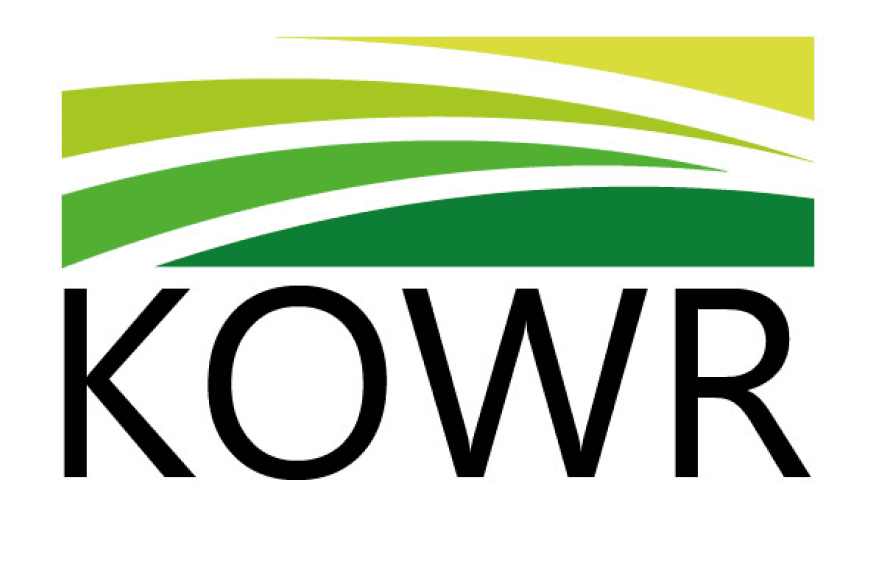The development of the Polish space sector
04.09.2024
In recent years the Polish space sector has been experiencing dynamic development, although we still have a lot of catching up to do compared to more advanced countries. One of the most important events that drew the attention of the international public was the launching into orbit of the largest Polish satellite, EagleEye. The mission, supported by SpaceX, is proof of Poland’s growing technological capabilities in the field of observing the Earth.
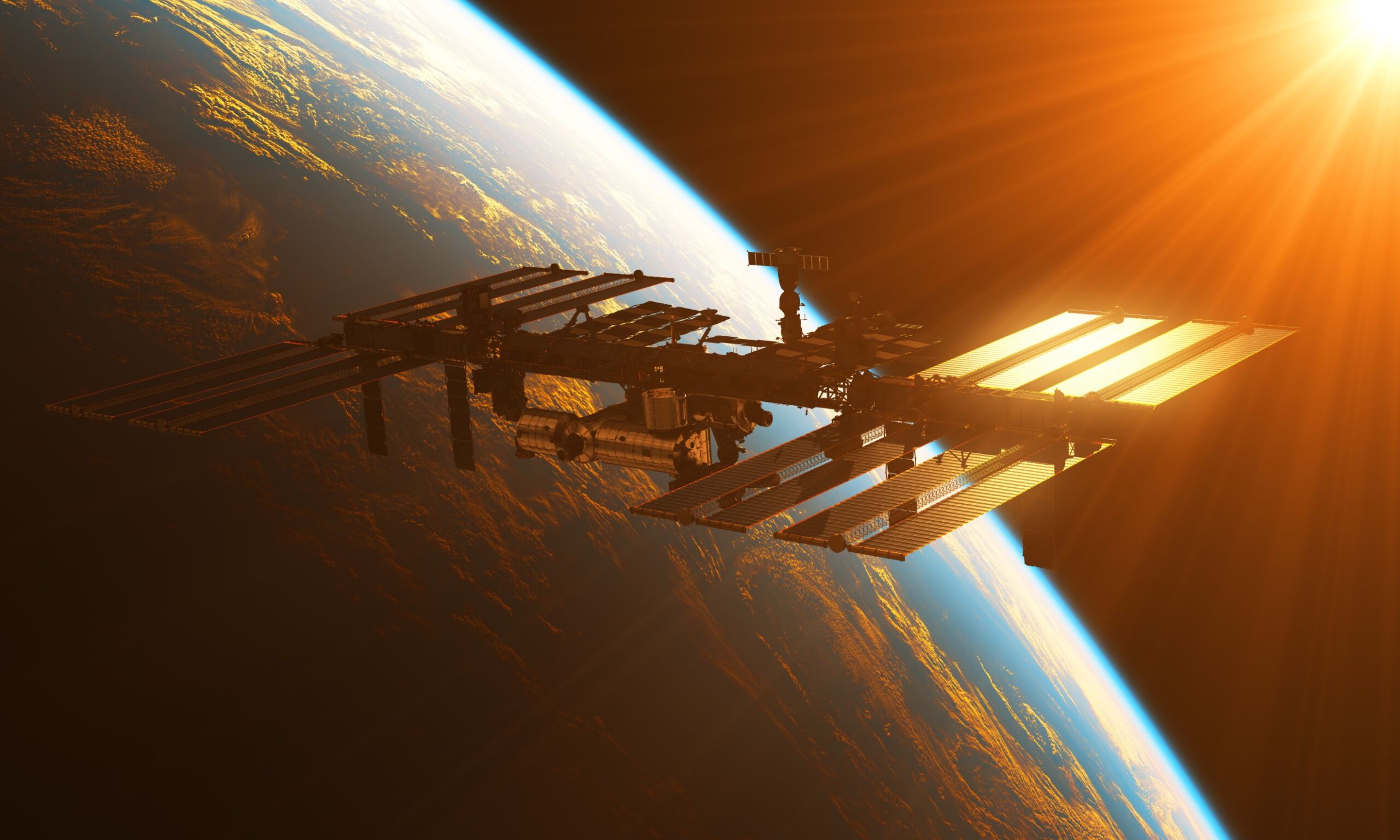
Increased involvement in the European Space Agency (ESA)
According to the Polish Economic Institute, Poland is systematically increasing its participation in the projects of the European Space Agency (ESA). Since 2015, as many as 199 Polish companies and research institutions have won 595 contracts with ESA, with a total value of EUR 270 million.
In August 2023, the Ministry of Development and Technology decided to increase Poland’s contribution to ESA by allocating an additional EUR 360 million for the years 2023-2025. Of particular importance is the increase of the so-called optional contribution to EUR 200 million, which places Poland in eighth place among the countries with the highest contribution to ESA’s optional programmes. This increases the possibility of participation of Polish entities in more advanced and innovative projects, which translates into real benefits for the domestic space sector.
Investing in the future: the EagleEye and Camila projects
The EagleEye project is an example of successful cooperation between Polish companies and scientific institutions, showing that Poland is able to carry out complex space missions. The satellite is to provide high-resolution images of the Earth, which will be used for research purposes. This is the first such large project implemented by a Polish consortium and is an important step forward in the development of Polish space technologies.
At the same time, the Camila program is being implemented, which includes the construction of Polish observation satellites as part of a bilateral program with ESA. This programme, worth EUR 85 million, not only develops Polish capabilities in the field of satellite construction, but also strengthens international cooperation and technology transfer.
Directions of development and challenges
Although the Polish space sector is making significant progress, it is still at an early stage of development. Poland acts as a supplier of technology and components, while the most advanced countries are integrators of space missions. In the future, in order for the Polish sector to reach more advanced stages, further investments, both public and private, are necessary to enable research and the provision of technologies and components for the production of satellite subsystems.
Future prospects of Polish space sector
Poland, despite relatively low expenditure on the space sector compared to other countries, shows that it is able to dynamically develop its technological and scientific capabilities. Increased investments and involvement in international projects, such as those implemented with ESA, create real opportunities for further development of the space sector in Poland. The future of the Polish space sector depends on the continuation of this trend and on further increasing investments and developing international cooperation.
Sources:
- The Polish Economic Institute – Tygodnik Gospodarczy, 35/2024
- The European Space Agency
- Everything
- News (289)
- Events (172)
- Get Support (83)
-

SOUTH LOGISTIC KARWAT STARĘGA SPÓŁKA KOMANDYTOWA
Transport and courier servicesShow allShow more Show lessFor over 10 years, we have been supporting European e-commerce businesses in their international growth. With our comprehensive logistics, returns, and system integration services, you can focus on sales while we take care of the rest.

Berrylife Szoka Kurlit sp.k.
Business servicesRenovation and construction materialsIT and telecommunication equipmentReady-made furniture and parts thereofOther goodsShow allShow more Show lessBerrylife – Trade Fair Booth Innovation Experts Berrylife creates innovative trade fair booths and exhibition stands that combine architecture, multimedia, and AI. We design and build custom booths that attract visitors, adapt to audiences, and deliver measurable results. With interactive screens, data-driven storytelling, and cutting-edge technology, we transform every exhibition booth into a powerful marketing tool for brands at international fairs.
 Article
ArticlePoland’s export of electrical and electronic equipment
Dynamic growth in the importance of these sectors
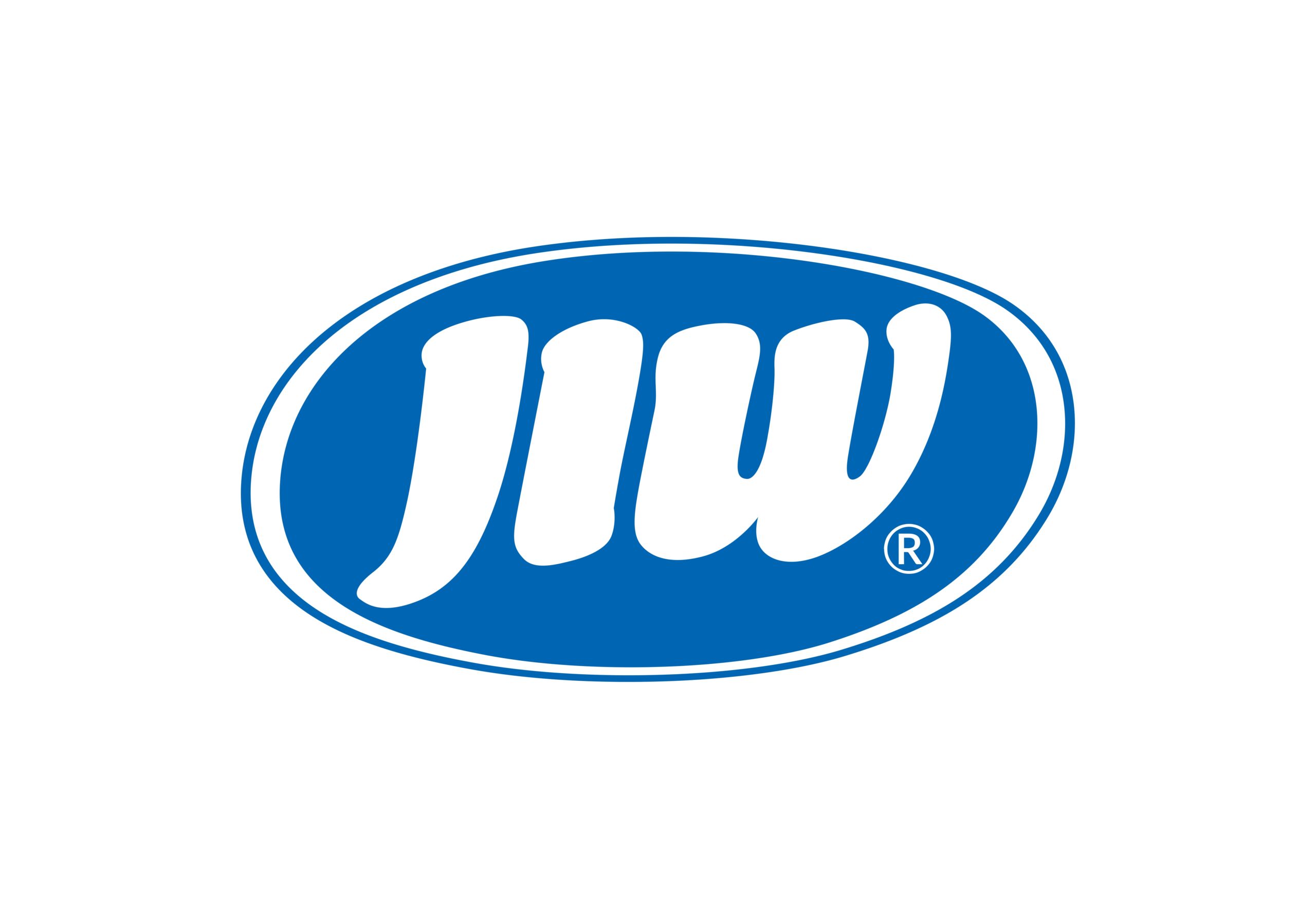
ZAKŁAD PRODUKCJI CUKIERNICZEJ JIW L.HOLEWA R. HOLEWA SPÓŁKA JAWNA
Baked goods and sugar confectioneryShow allShow more Show lessJIW Confectionery is a family-owned Polish company with over 30 years of experience in producing high-quality cookies. We offer a wide range of export-ready products, with a focus on our Cornetti Croccanti line – crispy and creamy cone-shaped cookies available in various popular flavors. We work with distributors, importers, and wholesalers across Europe.
-
 Article
ArticlePoland’s export of electrical and electronic equipment
Dynamic growth in the importance of these sectors
 Article
ArticleProduction and export of milk and dairy products in the first half of 2025
Polish exports of dairy products in the first half of 2025 reached EUR 2.1 billion
-
 Event
Event3rd International African Congress
The Congress will take place in Toruń (Poland) on February 25-27, 2026
 Event
EventPAIH Business Forum 2025
PAIH invites you to an event called PAIH Business Forum 2025, which will take place between the 5th–…
-
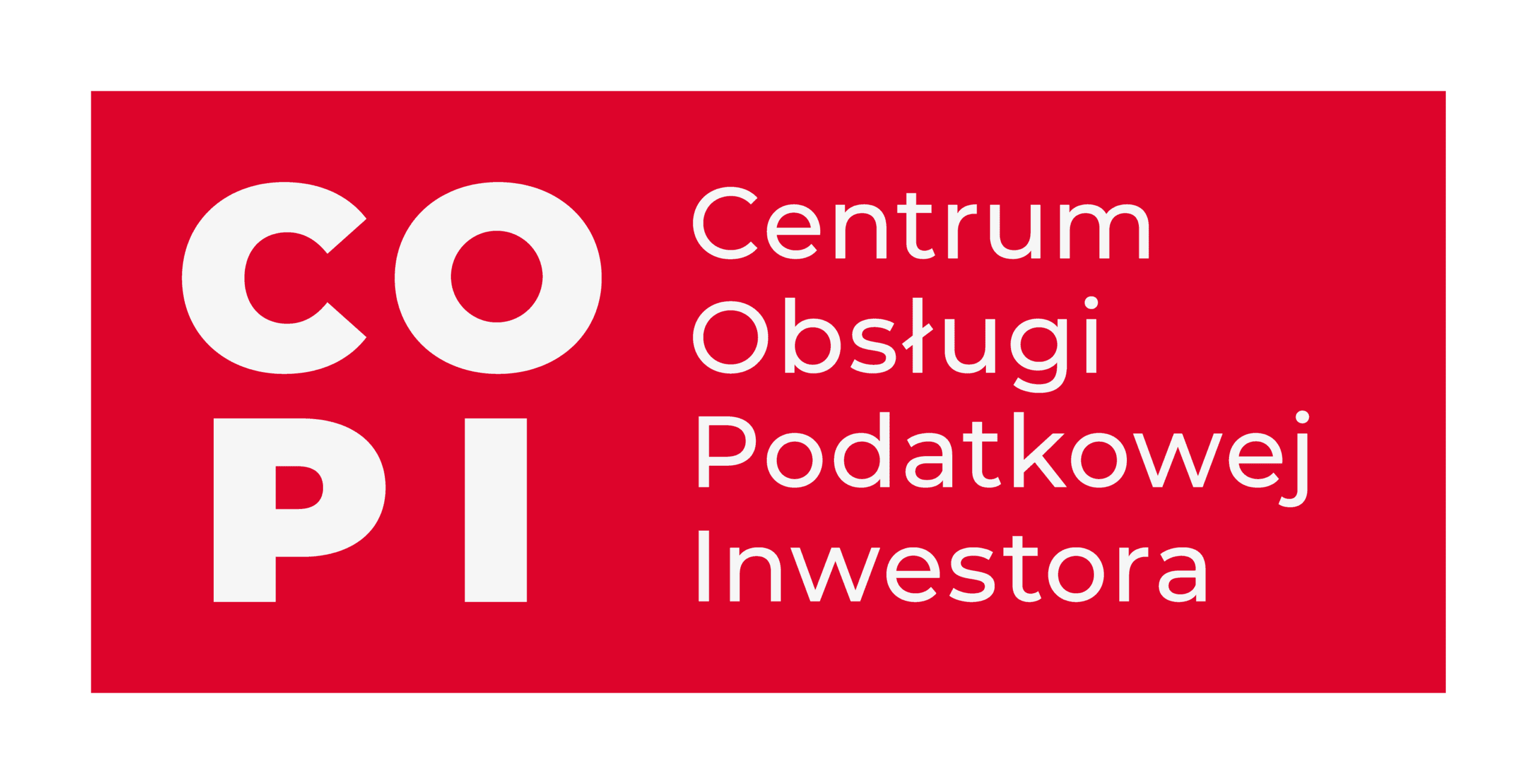 Institution
InstitutionThe Investor Tax Service Center
The Investor Tax Service Center is a unit operating within the Ministry of Finance
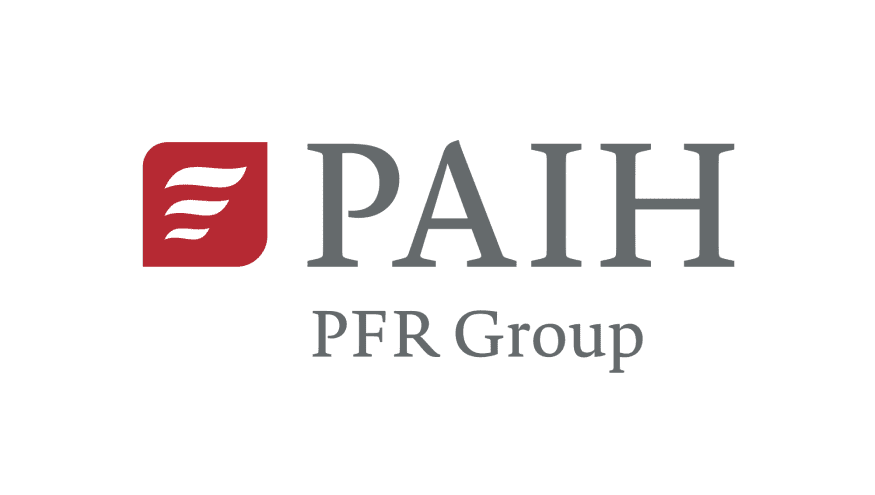 Institution
InstitutionPolish Investment and Trade Agency (PAIH)
The Polish Investment and Trade Agency (PAIH) is the partner of first-resort for entrepreneurs when …
The Export Promotion Portal uses cookies to make it easier for users to use the website and for statistical purposes. If you do not block these files, you agree to their use and saving in the memory of your computer or other device. Remember that you can change your browser settings to block the storage of cookies. More information can be found in Privacy Policy and Terms and conditions.

